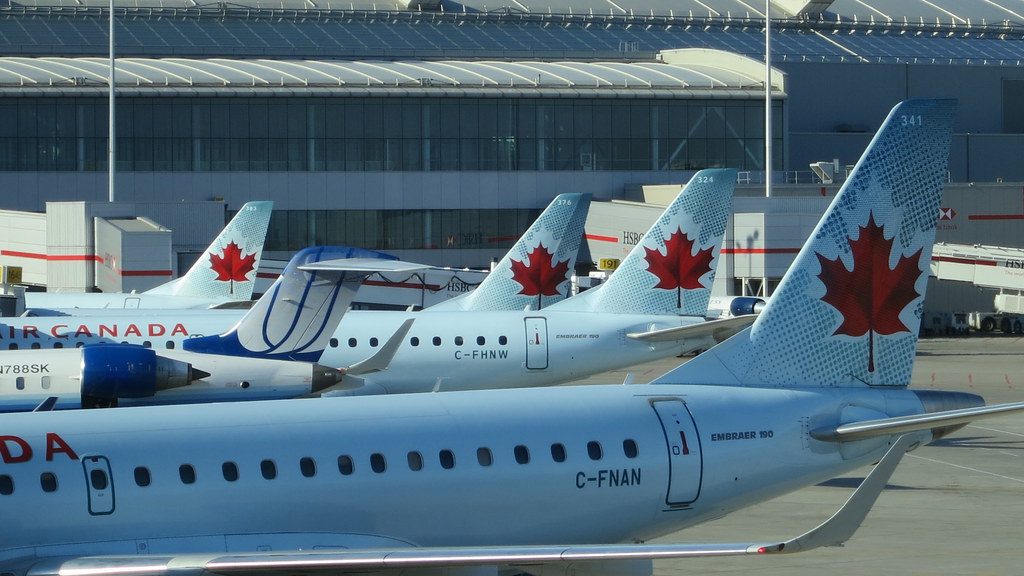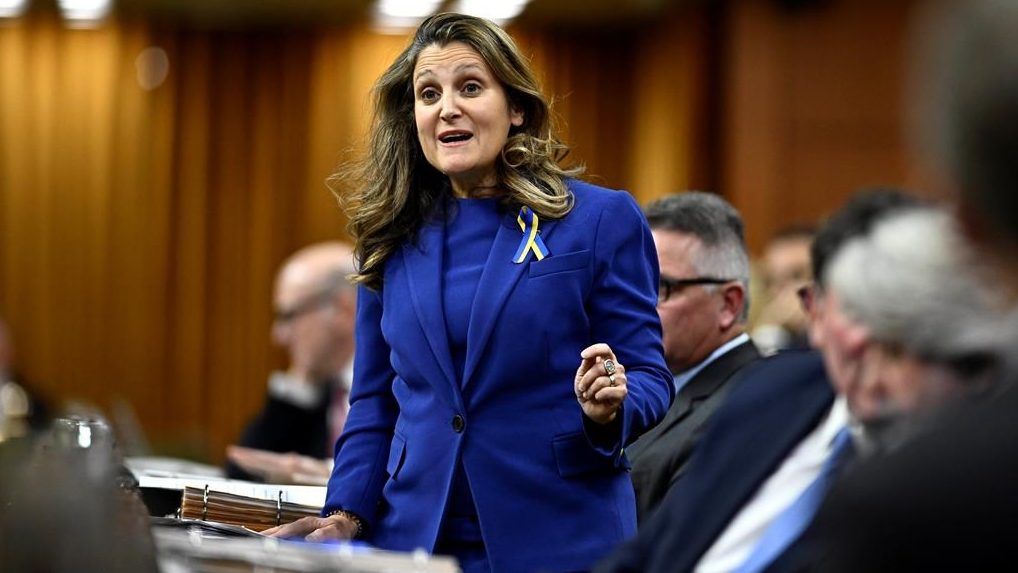Moscow ban on food imports is short-sighted, belligerent: industry minister
Posted August 8, 2014 2:16 pm.
This article is more than 5 years old.
ST. JOHN’S, N.L. – The federal industry minister says Moscow’s decision to close its borders to western agricultural imports is a short-sighted move that will hurt Russia most.
“If some opportunities are going to be lost in Russia, that will be more than offset with the opportunities that will be opened up as a consequence of the Canada-Europe free trade agreement and the Canada-Korea free trade agreement,” James Moore said Friday after touring a brewery in St. John’s, N.L., to highlight the need to drop internal trade barriers.
“This should only embolden us as a Parliament to be more aggressive about opening more markets around the world for Canadian products to be sold elsewhere beyond Russia.”
Moore was responding to Russia’s announcement that it will halt food shipments from Canada, the United States and many other western countries for the next year. The blockade is in retaliation for sanctions aimed at getting Russia to stop supporting rebels in Ukraine.
Moore said it shows Russian President Vladimir Putin’s attitude on foreign policy.
“Russian consumers will be hit and hurt,” he said. “It’s very short-sighted of Vladimir Putin but it’s in keeping with his irresponsible and belligerent approach to foreign policy.”
At least one group isn’t so sure Russia will take the brunt of the fallout.
The Saskatchewan Manufacturing Council wants the federal government to consider special support for Canadian exporters affected by the sanctions.
Executive director Derek Lothian said Russia is a key customer and the council would like Ottawa to create an emergency fund to offer short-term relief for agricultural processors, producers and related manufacturers that will be hurt.
The federal government should also communicate closely with Canadian companies that export to Russia, he said.
Russia is strategically important as a stand-alone market and as a gateway to other countries in Eastern Europe, he explained.
Lothian warns the sanctions on food products will have a ripple effect on related industries and could result in a loss of Canadian jobs.
“We are known around the world as probably the best supplier of agricultural equipment,” Lothian said. “If there is no money to purchase that equipment in foreign or domestic markets, that equals jobs and investment here at home.”
Russia’s sanctions are aimed at meat, milk and dairy products, fruit and vegetables and fish from Canada, the U.S., the European Union, Australia and Norway.
Canada’s agricultural exports to Russia amounted to $563 million in 2012, mostly in frozen pork, according to Agriculture and Agri-Food Canada.
The council represents about 40 companies in Saskatchewan.
Canadian pork producers are especially concerned because frozen pork accounts for much of the country’s agri-exports to Russia.
Moore said the departments of Finance and Agriculture will do an assessment on the impact of the Russian sanctions.
“But we’ll be there to support our industry,” he added. “We have been in the past and certainly in the short term the best thing that we can do is if the Russian market is going to be closing for some time, then we should be that much more aggressive in opening up new markets for Canadian pork.”
— With files from CKRM










